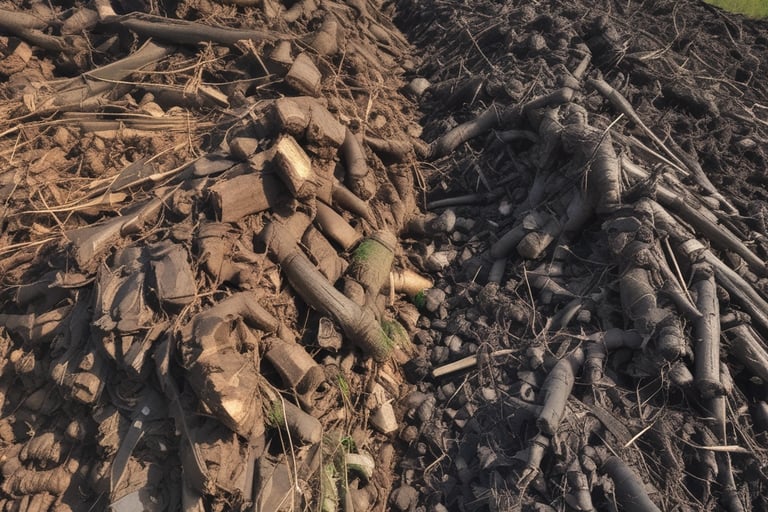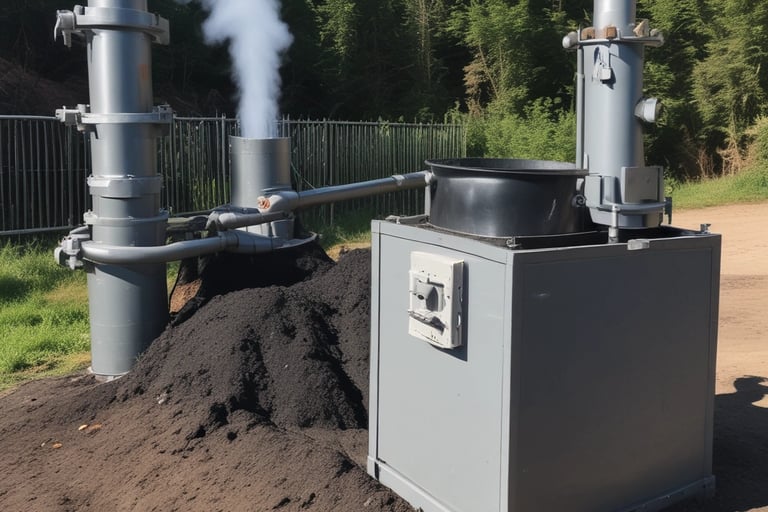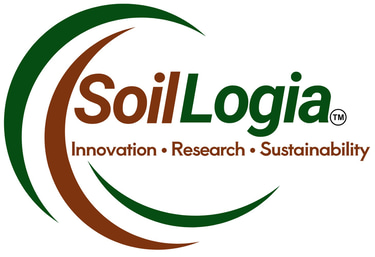What Are Alien Invasive Plants?
Alien invasive plants (AIPs) are non-native species introduced—intentionally or accidentally—into ecosystems where they do not naturally occur. While not all non-native plants are harmful, invasive species grow aggressively, spread quickly, and disrupt native biodiversity, ecosystems, and even economies.
These plants outcompete indigenous vegetation for water, nutrients, and sunlight, often leading to the extinction of native species. They also increase the risk of wildfires, reduce water availability, degrade soil quality, and negatively impact agricultural productivity and land value.


Turning a Problem into a Solution: Combating Alien Invasive Plants
Why Are Alien Invasive Plants a Global Concern?
Alien invasives are a growing global challenge, contributing to:
Biodiversity loss
Soil degradation
Water resource depletion
Increased vulnerability to climate change
Higher land management costs
According to the IUCN, invasive species are one of the top five drivers of biodiversity loss worldwide. Their ecological footprint stretches across continents, affecting both developed and developing countries.


From Invasion to Innovation: Biochar as a Climate Solution
At SoilLogia LLC, we are leading a nature-based solution that not only addresses invasive species but also contributes to climate change mitigation, soil health restoration, and regenerative agriculture.
We are transforming biomass from alien invasive plants into biochar — a stable, carbon-rich material produced through pyrolysis (thermal decomposition in the absence of oxygen).


The Benefits of This Approach:
✔ Carbon Removal
Biochar is a proven carbon sequestration method. Once applied to soils, it locks away carbon for hundreds to thousands of years — a key tool in reversing climate change.
✔ Soil Health Improvement
Biochar improves soil structure, water retention, microbial activity, and nutrient cycling, making degraded soils fertile again.
✔ Waste-to-Value Conversion
Instead of burning or dumping invasive biomass, we convert it into a high-value soil amendment, reducing emissions and creating circular economic benefits.
✔ Ecosystem Restoration
Removing invasive plants helps native species recover and restores balance to ecosystems, especially in sensitive areas.


© 2024 SoilLogia, LLC. All rights reserved.
